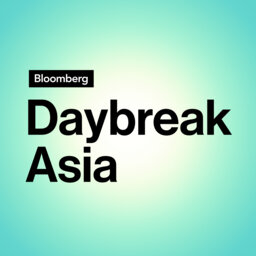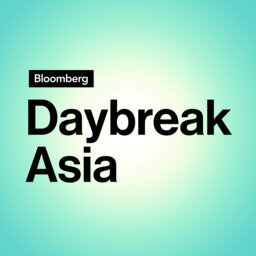Japan Rates, APAC Markets
Featuring:
George Boubouras, Managing Director, Research, Investments and Advisory, K2 Asset Management, shares his outlook on emerging markets.
Meredith Whitney, Founder and CEO, Meredith Whitney Advisory Group, shares her perspective on US markets.
Garfield Reynolds, Bloomberg MLIV Team Lead, joins us from Sydney to break down the various comments from US Fed officials. Plus, the latest from the BOJ.
Apple: https://podcasts.apple.com/us/podcast/bloomberg-daybreak-asia/id1663863437
Spotify: https://open.spotify.com/show/0Ccfge70zthAgVfm0NVw1b
TuneIn: https://tunein.com/podcasts/Asian-Talk/Bloomberg-Daybreak-Asia-Edition-p247557/?lang=es-es
In 1 playlist(s)
Bloomberg Daybreak: Asia Edition
Listen for business and finance news centered in the Asia-Pacific region. Host Doug Krizner brings…Social links
Follow podcast
Recent clips

Trump Tariff Uncertainty, US Selloff on AI Angst
17:45

Supreme Court Tariffs Decision, Fresh Trade Turmoil for Markets
21:50

US-Iran Risks Hit Markets, Trump: Iran Has Just Days to Deal
20:58
 Bloomberg Daybreak: Asia Edition
Bloomberg Daybreak: Asia Edition